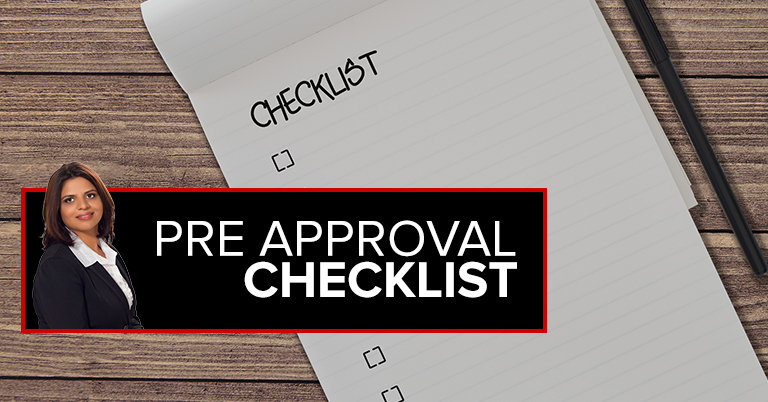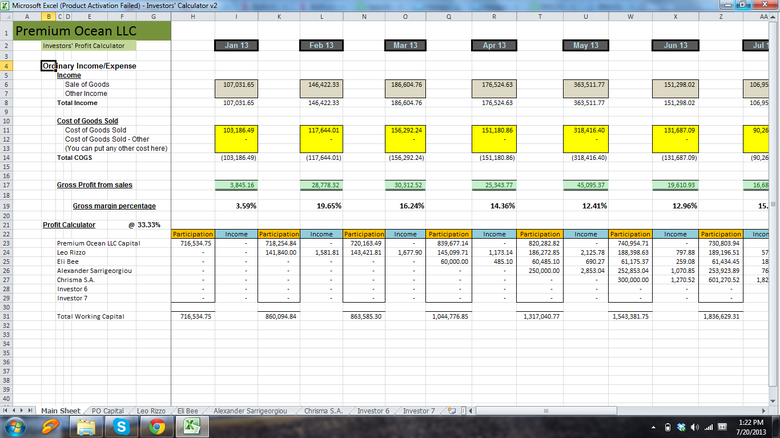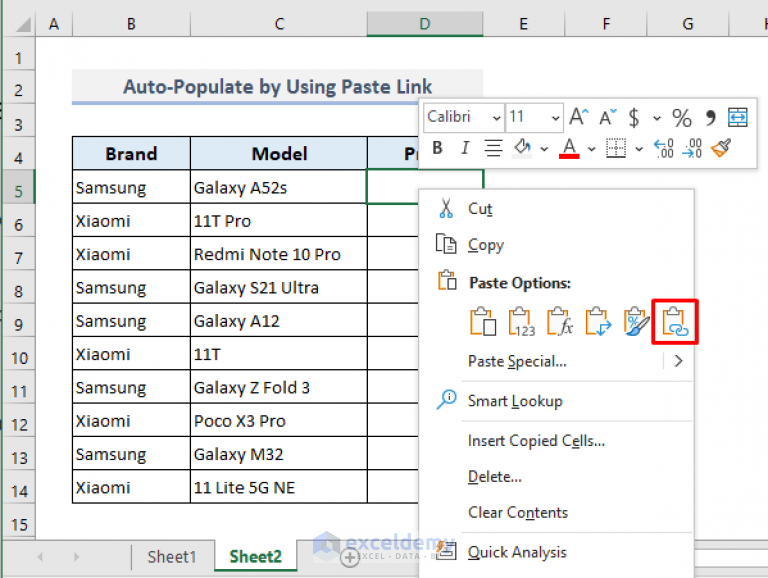8 Essential Documents for Your Mortgage Application

Applying for a mortgage can be both exhilarating and overwhelming. Securing a home loan involves meticulous preparation and gathering numerous documents to support your application. Understanding what is required and how to organize these documents can greatly streamline the process, making your journey towards homeownership smoother and more efficient. Here's a detailed look at the 8 essential documents needed for your mortgage application:
1. Proof of Income

Lenders require proof of your income to assess your ability to repay the mortgage. This typically includes:
- Recent Pay Stubs: Your last 30-day pay stubs or the last three months if you receive commission or bonuses.
- Tax Returns: The last two years’ tax returns with all schedules to confirm your income consistency.
- Bank Statements: Depending on the lender, some may ask for the last three months’ bank statements to verify your financial stability.

2. Employment Verification

Lenders want to see that you have stable employment:
- Employment History: A resume or employment history if you’ve had multiple jobs over the last two years.
- Employment Letter: A letter from your employer verifying your job title, length of employment, and income.
3. Credit Report

Your credit report is crucial in determining your loan approval and interest rate:
- Lenders will pull your credit report, but you might want to check your credit score beforehand.

4. Assets

Documentation of your assets helps establish your financial net worth:
- Bank Statements: Six months’ worth of statements for all bank, investment, and retirement accounts.
- Investment Statements: Account statements for all investments like stocks, mutual funds, or bonds.
5. Debt-to-Income Ratio

Calculating your debt-to-income ratio is key to assessing your affordability:
- List of Debts: Mortgage payments, car loans, credit cards, student loans, and any other ongoing financial obligations.
6. Property Details

If you’re buying an existing home:
- Purchase Agreement: The signed contract between you and the seller.
- Home Inspection Reports: To ensure the property’s condition is acceptable for a loan.
- Appraisal Report: Lenders will order an appraisal to confirm the property’s value, but you can provide a recent one if available.

7. Personal Identification

To verify your identity:
- Driver’s License or Passport: To confirm your legal identity.
8. Down Payment Details

Showing you have the funds for a down payment:
- Gift Letters: If any part of your down payment is a gift, provide a gift letter.
- Source of Funds: Lenders will trace the origin of your down payment funds to prevent fraud.
📌 Note: Ensure all documents are signed, dated, and complete. Missing information can delay your mortgage approval.
Preparing for a mortgage application involves more than just having the financial means; it's about proving your financial stability and readiness for the commitment of homeownership. Each of the documents listed above serves as a testament to your ability to repay the loan and maintain the property. By meticulously gathering and organizing these documents, you significantly increase your chances of a swift and successful loan approval. Remember, lenders will ask for personalized information, so ensure your documents are up-to-date and accurately reflect your financial situation. This comprehensive preparation not only facilitates the approval process but also demonstrates your commitment to fulfilling your dream of owning a home.
What if I’m self-employed?

+
If you’re self-employed, you’ll need to provide two years of business tax returns, profit and loss statements, and possibly a business license. Lenders will look for steady or increasing income from your business.
Can I use retirement funds as part of my down payment?

+
Yes, you can use funds from your retirement accounts like a 401(k) or IRA, but you’ll need to provide statements showing these funds, and sometimes, letters of withdrawal.
What if my credit score is low?

+
If your credit score is low, you might consider taking steps to improve it before applying or look into alternative mortgage options like FHA loans which have more lenient credit requirements.



